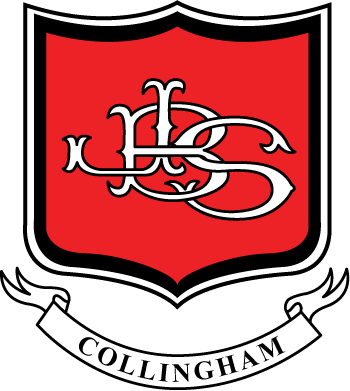Geography
What is Geography?
Geography is the study of the physical features of the Earth, such as oceans, mountains, rivers, coastlines, forests and plant life. It is also the study of the human race; including its origins and interactions. Human geography involves studying populations and interactions with the natural environment.
Child Friendly Definition of Geography
Geography is about Earth's land, water, air, and living things—particularly people.
Intent
The study of geography ignites children’s curiosity about the world through finding out about their local environment and the world . We aim to make all children aware of their role as a global citizen. Geography enables children to develop a context for their growing sense of identity. What they learn through geography can influence their decisions about personal choices, attitudes and values. At John Blow Primary School, our intent, when teaching geography, is to stimulate the children’s curiosity in order for them to develop their knowledge, skills and understanding.
Implementation
Our whole curriculum is shaped by our school vision which aims to enable all children, regardless of background, ability, additional needs, to flourish to become the very best version of themselves they can possibly be. We teach the National Curriculum, supported by a clear objectives and knowledge progression. This ensures that objectives, skills and knowledge are built on year by year and sequenced appropriately to maximise learning for all children. It is important that the children develop progressive geographical skills throughout their time at John Blow Primary School and do not just learn a series of facts about the past. In geography, pupils at John Blow Primary School, find evidence, weigh it up and reach their own conclusion. To do this successfully, they need to be able to research, interpret evidence, including primary and secondary sources, and have the necessary skills to argue for their point of view; skill that will help them in their adult life.
At John Blow Primary School:
- Topics are blocked to allow children to focus on developing their knowledge and skills, studying each topic in depth.
- We have developed a progression of objectives, with each year group, which enables pupils to build on and develop their skills each year. This is supported with specific vocabulary and objectives for each topic.
- In order to support children in their ability to know more and remember more, there are regular opportunities to review the learning that has taken place in previous topics as well as previous lessons.
- At the start of each topic children will review previous learning and will have the opportunity to share what they already know about a current topic. Children complete a web of knowledge at the start and end of topics. Learning can also be reviewed through informal quizzes.
- To support teaching, staff access a range of resources and planning including Plan Bee, relevant texts, topic boxes and Grammarsaurus.
- Medium term planning for units will cover key geographical concepts: locational knowledge, place knowledge, human and physical knowledge and geographical skills and fieldwork. Medium term planning will also highlight previous learning and links with the National Curriculum.
- We plan for effective use of educational visits and visitors, to enrich and enhance the pupil’s learning experience and the geography curriculum
- Teachers use highly effective Assessment for Learning at different points in each lesson to ensure misconceptions are highlighted and addressed.
- Effective modelling by teachers ensures that children are able to achieve their learning intentions, with misconceptions addressed within it.
- Through using a range of assessment tools, differentiation is facilitated by teachers, to ensure that each pupil can access the geography curriculum.
- Pupils are regularly given the opportunity for self or peer assessment, which will then be used to inform planning, preparation, differentiation and address misconceptions within that lesson, or for the next lesson.
- Cross-curricular links are planned for, with other subjects such as maths, writing and computing.
- Our Assessment Tracker (EAZMAG) allows us to use data to inform future practice.
Impact
By the time the children leave our school they should have developed:
- A secure knowledge and understanding of:
- The ability to think critically about geography and communicate confidently in styles appropriate to a range of audiences.
- The ability to consistently support, evaluate and challenge their own and others’ views using detailed, appropriate and accurate geographical evidence derived from a range of sources.
- The ability to think, reflect, debate, discuss and evaluate the past, forming and refining questions and lines of enquiry.
- A passion for geography and an enthusiastic engagement in learning, which develops their understanding of the world
- A respect for geographical evidence and the ability to make robust and critical use of it to support their explanations and judgements.
- A desire to embrace challenging activities, including opportunities to undertake high-quality research across a range of geography topics.
What is Greater Depth at John Blow Primary School?
Greater Depth in geography at JBPS refers to a more advanced and comprehensive understanding of geographical concepts, processes, and patterns. It involves not only grasping basic facts and information but also analysing and synthesising data, understanding complex interrelationships between physical and human environments, and applying knowledge to solve real-world problems. This level of depth often includes critical thinking, evaluating multiple perspectives, and engaging in independent research to explore geographical issues in detail.
